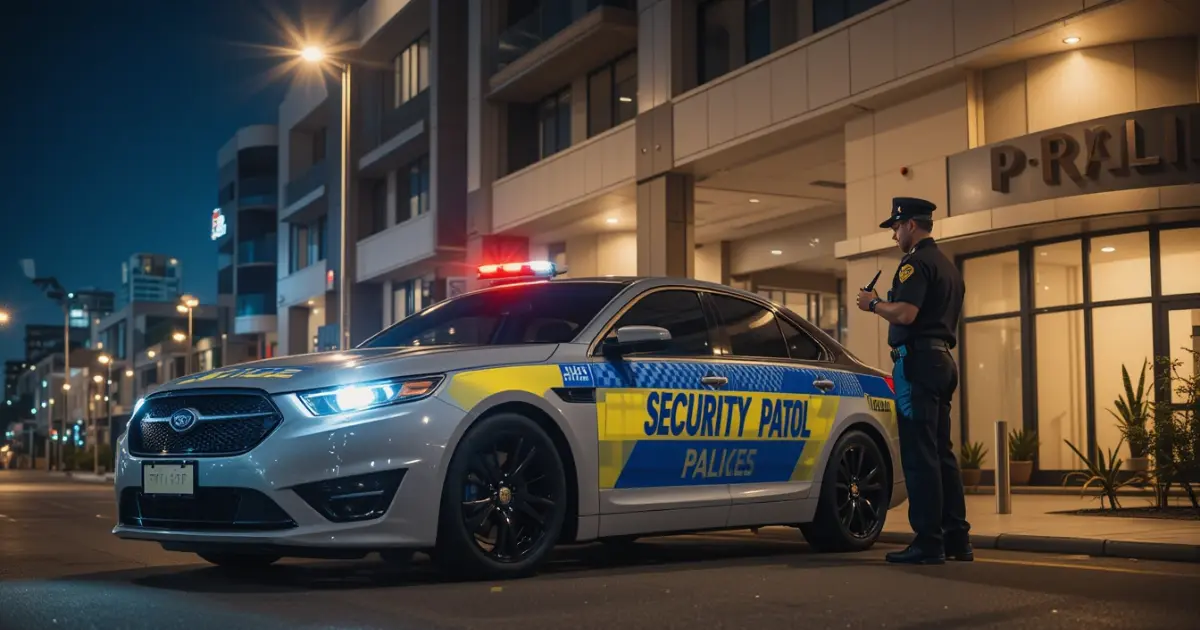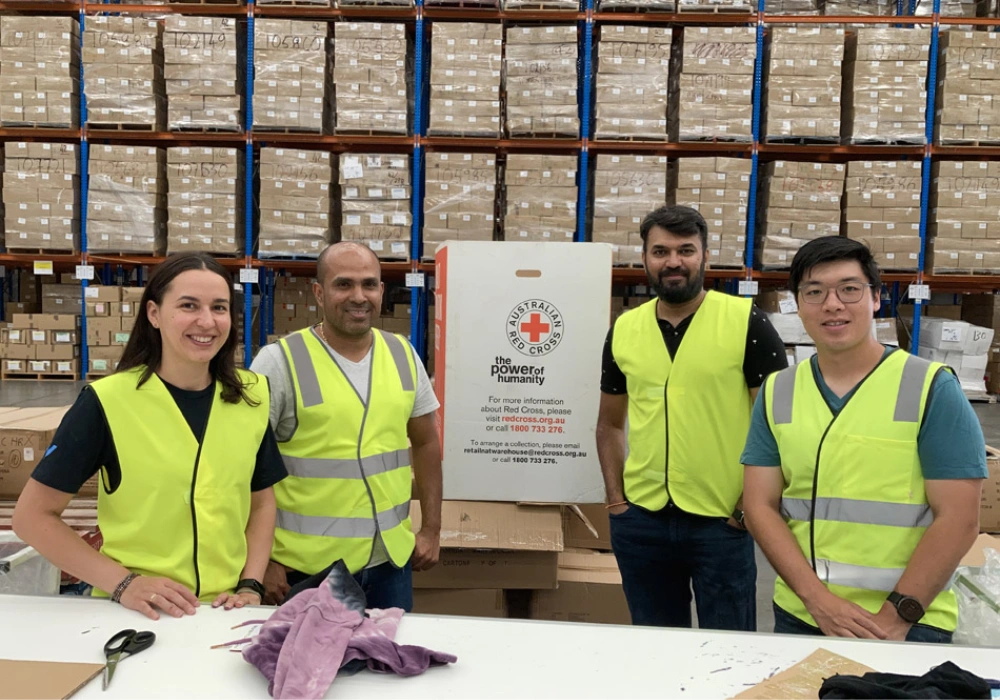Body worn video (BWV) is a small camera worn by police officers, usually on their chest or shoulder. It is used to record what happens during their work. These videos help keep everyone safe, show what happened during an event, and protect both the public and the police.
In New South Wales (NSW), rules are in place to make sure BWV is used the right way. These rules are part of the law and are meant to protect your rights while helping police do their job.
1. What Does the Surveillance Devices Act 2007 Say About BWV?

The Surveillance Devices Act 2007 is a law that was made to control how cameras and other recording tools are used. It says that body worn video can be used by police, but only in certain situations. For example, it is allowed when police are dealing with crimes, helping people, or keeping public events safe.
This law makes sure that recordings are not misused and that your privacy is respected.
Key Points from the Surveillance Devices Act 2007:
- Public Areas: Police can record in public places like streets, parks, and shopping centers.
- Private Spaces: Recording in private places (e.g., homes) is not allowed unless there is a court order or emergency.
- Transparency: Police must inform people they are being recorded unless doing so would put someone at risk.
This law works together with others to create clear rules for BWV use.
How Does the Law Enforcement (Powers and Responsibilities) Act 2002 (LEPRA) Apply to BWV Use?
LEPRA is another law that gives police the power to do their job. It is used to decide when BWV can be turned on. For example, if a police officer is checking if someone is breaking the law, the BWV must be recording.
These laws work together to make sure body-worn video is used fairly and only when needed.
Examples of LEPRA in Practice:
- Arrests: If someone is being arrested, BWV must be used to document the process.
- Searches: When a person or vehicle is searched, BWV records the event to protect both parties.
- Public Safety: During protests or large gatherings, BWV is used to monitor behavior and prevent violence.
LEPRA ensures that BWV is not used randomly but only when it supports legal actions.
2. In Which Situations Can Police Legally Record with BWV Cameras?
Police are allowed to use BWV in many situations, such as:
- During arrests or investigations
- At public protests or big events
- When someone is being questioned
- If there is a chance of danger or harm
The camera is turned on to keep a clear record of what happens.
Real-Life Example of BWV Use:
Imagine a police officer responding to a domestic violence call. The BWV camera is turned on as soon as the officer arrives.
This footage can later be used in court to show what happened, protecting both the officer and the people involved.
Are There Any Restrictions on When BWV Can Be Used?
Yes! There are rules about when BWV cannot be used. For example:
- In private places like homes, unless there is a court order
- If it would put someone in danger, like a witness
- If the person being recorded asks for it to be turned off for a good reason
These rules are made to protect your privacy and rights.
When BWV Should Be Turned Off:
- Medical Emergencies: If someone is injured, BWV may be paused to respect their dignity.
- Sensitive Conversations: If a victim shares personal details, the camera might be turned off.
- Legal Requests: If a person asks not to be recorded, and there’s no legal need to do so, the officer must comply.
3. Who Is Allowed to Access Body Worn Camera Footage?
BWV footage is kept safe and can only be seen by certain people, like:
- Police officers who need it for their work
- Courts, if it is used in a trial
- You, if you ask to see it
Access is controlled so that the footage is not shared with others without permission.
How to Request BWV Footage:
- Contact NSW Police: Submit a written request.
- Fill Out a Form: Provide details like the date, time, and location of the event.
- Wait for Approval: The police will review your request and decide if the footage can be shared.
This process ensures that only those with a valid reason can view the footage.
How Long Can BWV Footage Be Retained by Police?
The footage is kept for different amounts of time, depending on why it was recorded:
- If it is part of a crime case, it is kept until the case is finished.
- If it is not part of a case, it is deleted after 30 days.
This rule makes sure old footage is not stored forever.
Example of Retention Rules:
A video of a car accident is kept for 30 days if no charges are filed. However, if the accident leads to a court case, the footage is saved until the trial is over.
4. Are Police Required to Inform You If They’re Recording with BWV?
Yes! If you are being recorded, police must tell you. They might say something like, “I am recording this conversation.” This is done so you know you are being filmed.
Exceptions to the Rule:
- Undercover Operations: If an officer is working undercover, they may not announce the recording.
- Dangerous Situations: If telling someone they are being recorded would cause harm, the officer might skip the warning.
Can You Request Access to Body Worn Video Footage in NSW?
Yes, you can! If you were part of a BWV recording, you can ask to see it. To do this:
- Contact the NSW Police
- Fill out a form
- Wait for approval
It is important to know that not all footage can be shared. For example, if it shows a secret investigation, it might not be given out.
Tips for Submitting a Request:
- Be specific about the date, time, and location.
- Include your contact information.
- Be patient—the process can take up to 30 days.
5. How Is BWV Data Stored, Managed, and Secured?

All BWV footage is stored in a safe place that only police can access. The data is kept in a system that is protected by passwords and other security tools.
This is done to make sure the footage cannot be changed or shared by mistake.
Steps for Secure Storage:
- Upload: Footage is uploaded to a secure server at the end of a shift.
- Backup: Copies are stored in multiple locations to prevent loss.
- Access Control: Only authorized personnel can view or edit the footage.
What Happens If BWV Is Misused or Not Used When It Should Be?
If a police officer misuses BWV (like recording when they should not), they can be punished. Also, if they forget to turn it on when they should, there could be questions about why.
These rules are in place to keep things fair and honest.
Consequences of Misuse:
- Internal Investigations: Officers may face disciplinary action.
- Legal Action: Misuse could lead to lawsuits or criminal charges.
- Loss of Trust: The public may lose confidence in the police force.
6. Why Is It Important to Understand BWV Laws in NSW?
Knowing about body worn video laws helps you understand your rights. It also makes sure that police use BWV the right way. If you want to learn more about how security tools are used in NSW, you can read about alarm monitoring in Sydney or access control systems in Melbourne .



